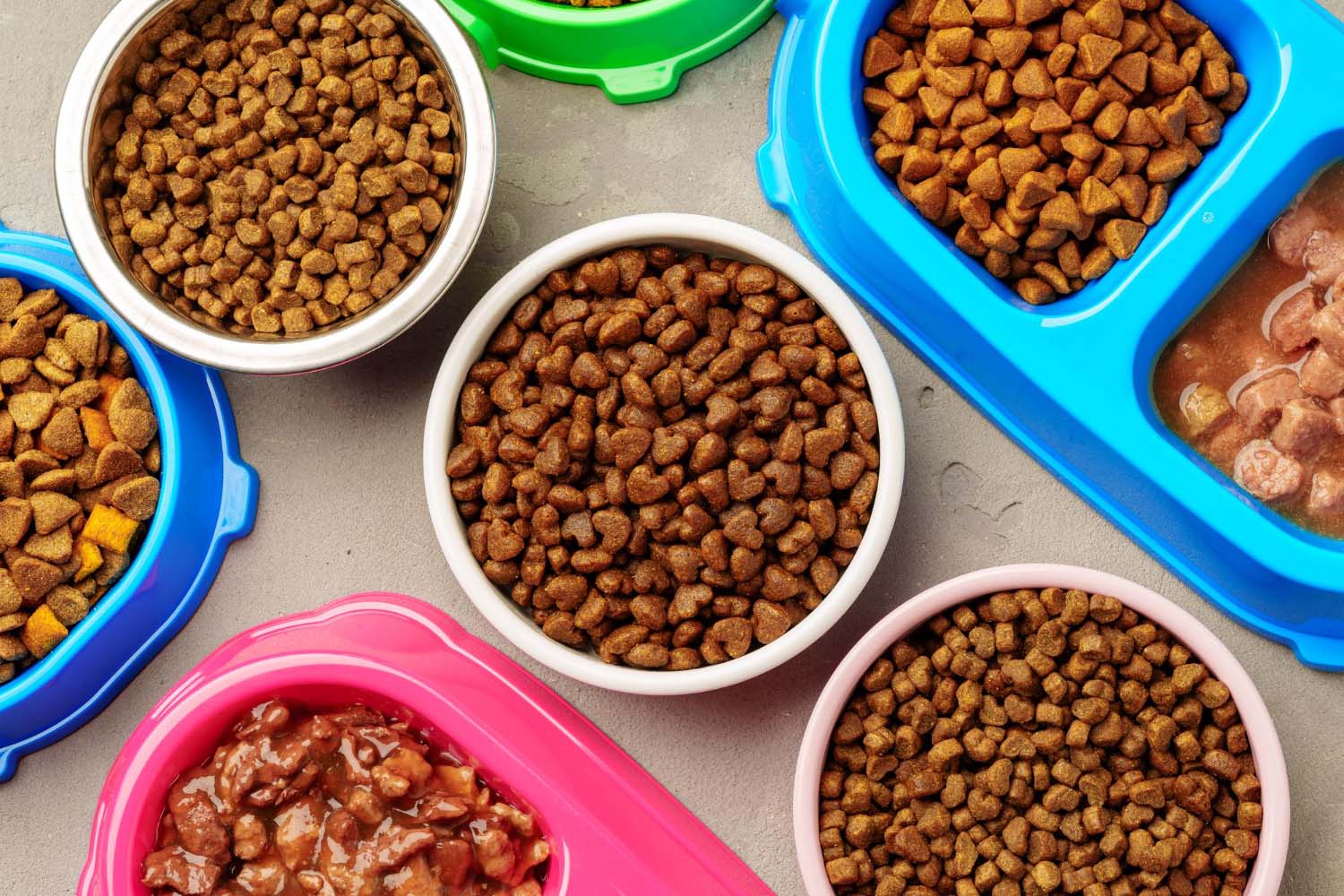Join the Pet Food Institute (PFI) as we continue our look at pet food, from A to Z. Click here to revisit our previous post on joint health.
Bringing home a new kitten to the household can be a rewarding experience for families, especially as the benefits of pet ownership are well-documented and can positively impact family members of all ages. To help your pet grow into a healthy adult cat, it’s important for pet lovers to understand the importance of their kitten’s nutritional needs and what it means for their health.
Some Basics of Feeding Kittens
The nutritional needs of a kitten are different than those of an adult cat, and food labeled for only adult cats will not be formulated for a kitten’s specific requirements. Pet food labeled as appropriate for kittens will include different levels of important nutrients than found in food developed for adult cats and will have additional sources of energy, such as protein and calories, to support rapid growth and development in the first few months of life.
Because a young kitten’s stomach is smaller than an adult cat’s, they typically require smaller meals more frequently throughout the day. However, this won’t last long! Kittens grow quickly, maturing to adulthood by the time they are 10-12 months. Your kitten should receive kitten food until he or she is about 80 percent full-grown, at which time you can start to mix kitten food and adult cat food together for a gradual transition to adult food. Your veterinarian will be the best partner in determining the appropriate time to switch to adult-appropriate food.
Nutritional Needs for Growth and Development
A commercial cat food recipe will have more than 30 essential nutrients, including essential fatty acids, protein and amino acids, vitamins and minerals. These required nutrients serve important roles in a cat’s body functions, helping your pet grow, have strong bones, support their immune system, and more. Protein and amino acids, for example, are required in higher amounts in the nutrient profiles published by the Association of American Feed Control Officials (AAFCO). Pet food makers use these profiles as baselines for formulating recipes for dog and cat food to ensure these nutrients are at the proper level. In addition to being a source of energy for a kitten, protein and amino acids support weight gain and help them develop and maintain muscles, blood, organs, enzymes, antibodies, hormones, skin and coat.
While humans may try to avoid fat in their diet, it’s important to remember that essential fatty acids are vital to a kitten’s health. Fats serve as a primary energy source for pets, including active kittens, and support growth and a healthy skin and coat.
Both kittens and puppies require higher levels of calcium and phosphorus in their diets. These two minerals work together to support the development of strong bones and teeth, and pet food makers formulate recipes to ensure they are together in the proper ratio and amounts for growing bodies.
Selecting the Right Kitten Food
The pet food label is full of information, but some key pieces of information can serve as an excellent starting point for shoppers, including:
- The intended life stage for the pet eating the food;
- A claim of complete and balanced nutrition, which confirms that each serving meets a kitten’s total nutritional needs;
- The Guaranteed Analysis, which identifies the levels of at least four nutrients: protein, fat, fiber and moisture.
To get a deeper look into how to read the information included on a pet food label, check out this short video.
If considering homemade cat food, it’s important for cat owners to understand whether the recipe provides all of the important nutritional nuances listed above. Studies show that homemade food often significantly lacks essential nutrients that cats need.
Kittens need the right nutrition early in life to ensure proper growth and long-term well-being. Equipped with the right information, new kitten owners can be confident they’re taking the right steps toward raising a happy, healthy pet.



